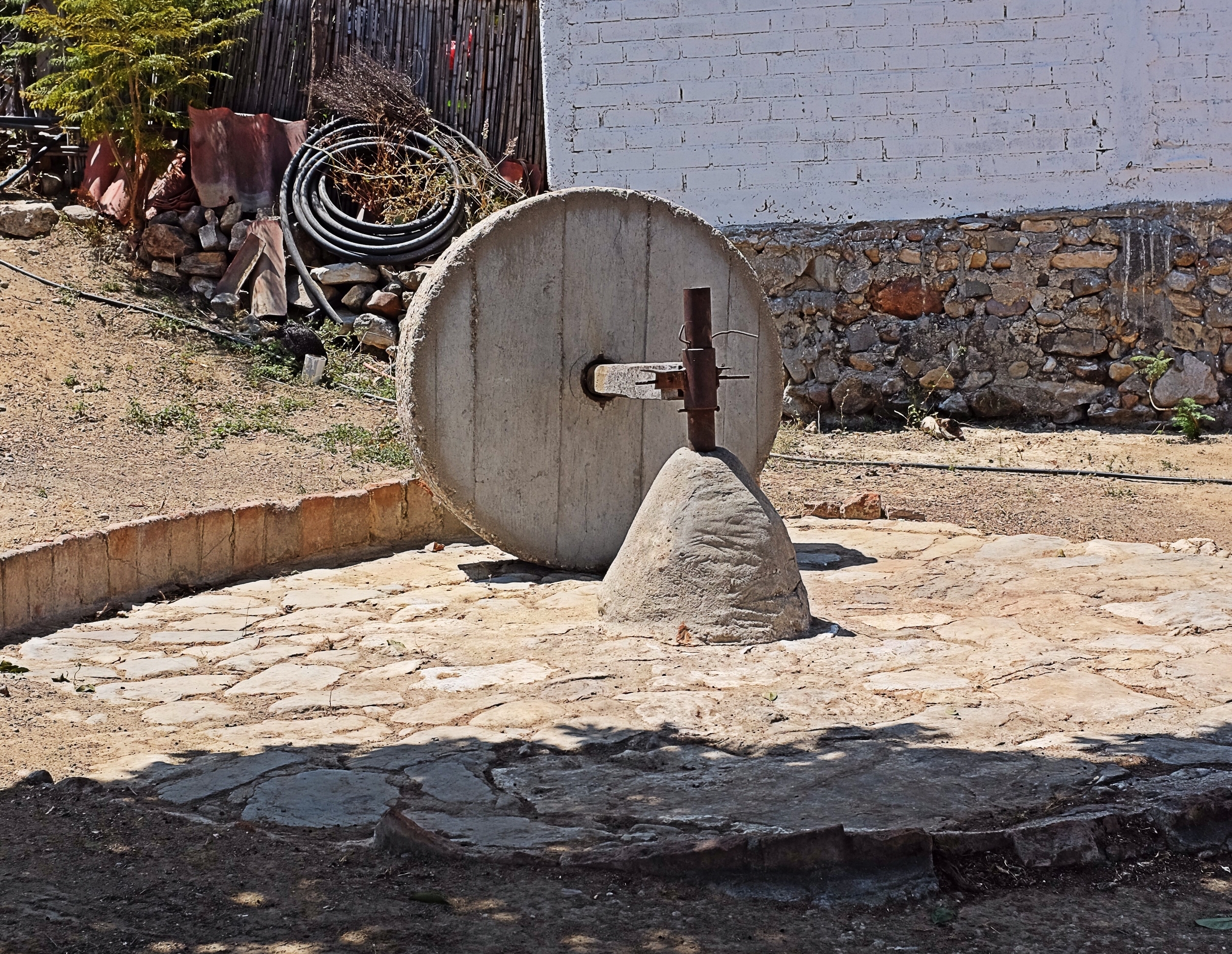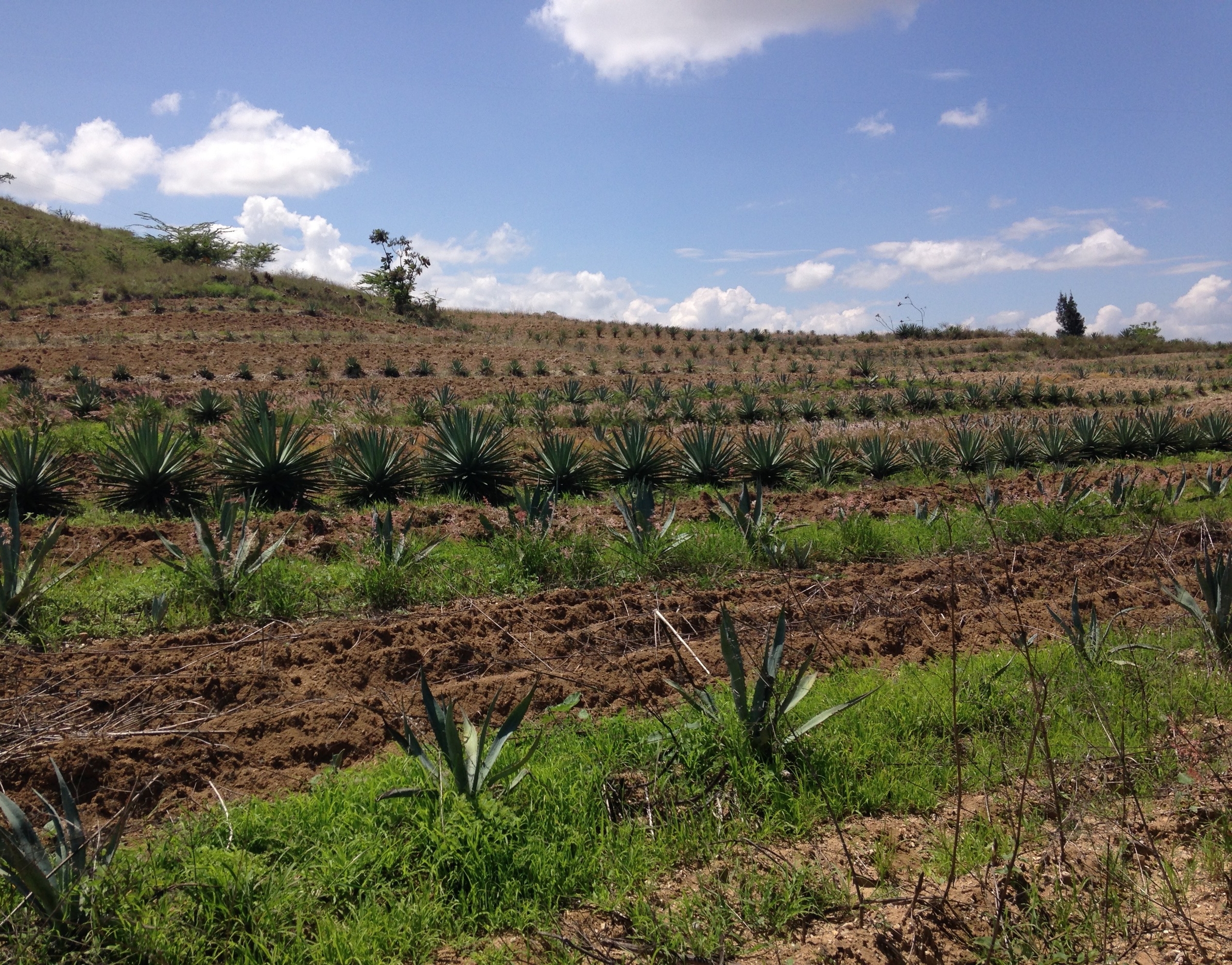“For three generations, our family has lived off this land, and we are proud to do all that we can to give back to it and preserve it for future generations.”
Mezcal is both diversity and tradition, derived from the bountiful agave landscapes and the ancestral craft of the communities. For centuries, agave landscapes have provided humans with fuel, fiber, food and drink. Humans have also had an important influence on agaves, carefully choosing the ones with higher sugar or fiber content. This century-old relationship provides us today with one of the most authentic spirits: artisanal mezcal.
As any species, agaves live within an intricate ecosystem integrated by multiple plants such as mesquite trees and native herbs. All these plants serve a purpose, be it food provision, or ecosystem services, such as carbon capture, soil fertility or clean water.
Small-scale production kept these services in mind, for dependency on resources was primordial for the survival of the people. This resulted in a sacred relationship to the land. However, modern beliefs seeking higher yields have questioned ancestral knowledge, putting a strong pressure on ecosystems, soil and communities.
Mezcal Viejo Indecente acknowledges the value of ancestral knowledge and the land that nourishes the agaves and provides for the livelihood of communities. For this reason we sought a producer that shared our mindset and concerns for the environment and the communities and the value of highly skilled craftsmanship. From the beginning, we have joined forces with the Lucas family and are focused on reducing environmental and social impacts in our mezcal production.
The Lucas’ family distilling heritage is deeply rooted in the diversity of the agaves native to their land. By managing over five species and combining them with food crops, they ensure that their landscape is diverse, nourishes the land, provides fuel sources and secures food for humans, livestock and local fauna.
This combined farming method is known in Mexico as milpa and can be traced back to Pre Hispanic farming communities. Benefits include a reduced need for herbicides, pesticides and fertilizers by supporting natural pest controls and enhancing nutrient cycles. With this in mind, Mezcal Viejo Indecente recognizes the importance of biodiversity and is continually developing new expressions to compliment its portfolio, instead of solely relying of Espadin mezcals sourced from monoculture agave plantations.
During mezcal production, an energy-efficient, steam cooking process – a traditional process dating back to the colonial days that is commonly seen in Mexico’s northern states – reduces the need for firewood. Where drier climates make local lumber scarce, typical wood-fueled pits are highly dependent on trees and usually the legality of the wood source is not verified, depleting this valuable resource. Steaming agaves does not only preserve the full flavor of the agave, but presents a sustainable alternative for the cooking process.
Farming technique that only uses one species of crop or plant.



